Custom Online CNC Milling Services
On-demand CNC milling services for rapid prototypes and production parts. Receive custom milled components made from a variety of high-quality metals and plastics, with tight tolerances of 0.005 mm. Milled parts delivered in as little as 1 day.
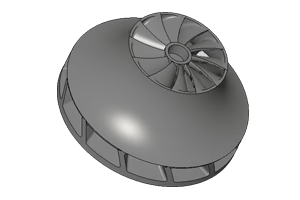
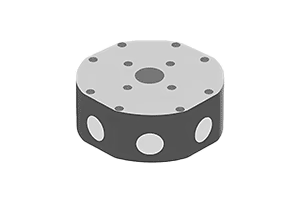
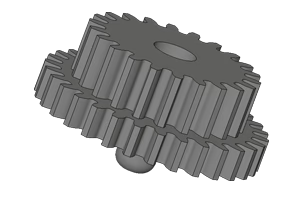
Start A New CNC Quote
STEP | STP | SLDPRT | IPT | PRT | SAT files
- All uploads are secure and confidential.
Online CNC Milling Services for Custom Parts
From 3-axis basics to intricate 5-axis projects, our precision CNC milling brings your designs to life with unparalleled accuracy and craftsmanship.
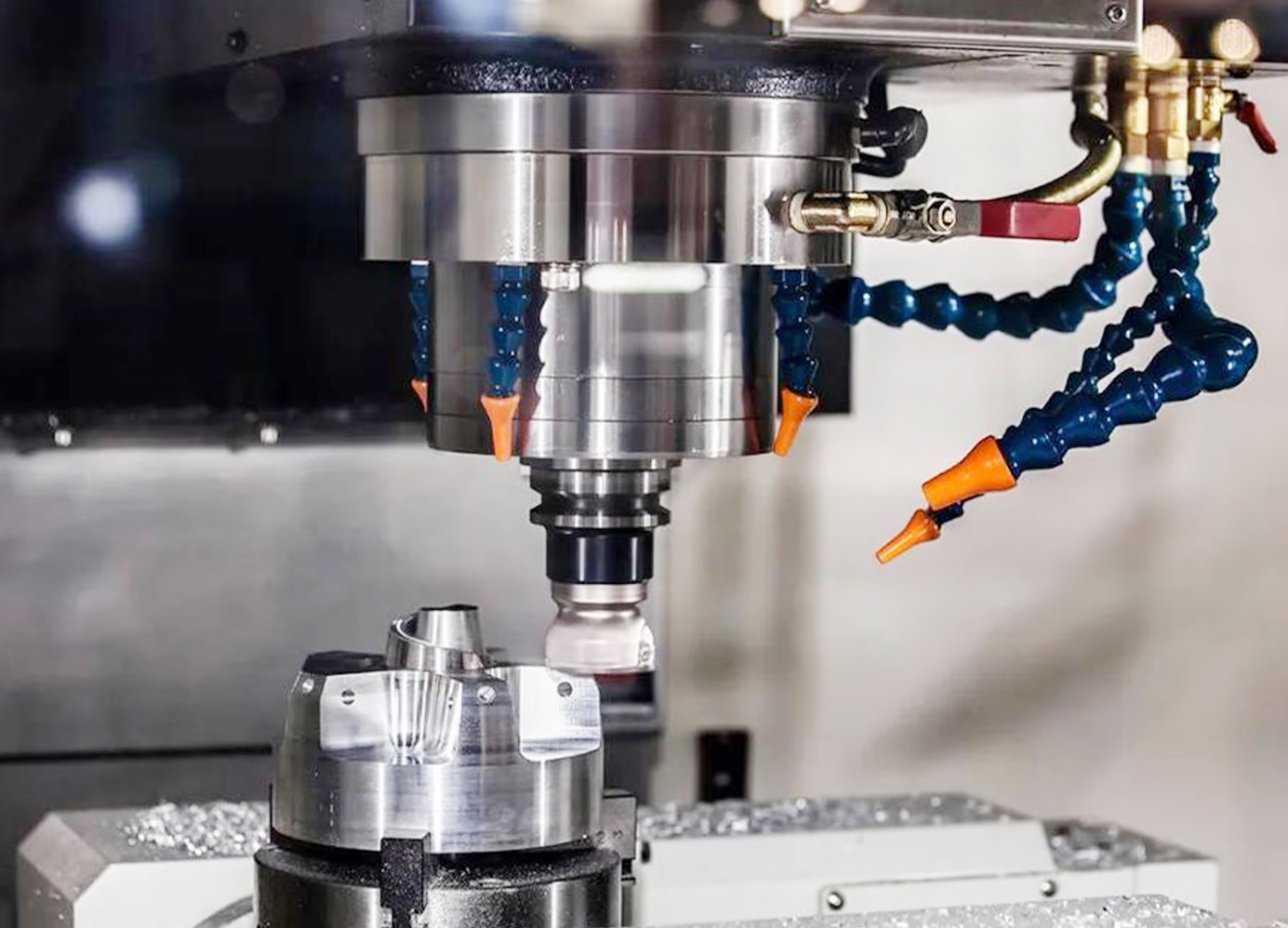
3-Axis CNC Milling
With 3-axis CNC milling, precision meets affordability. It’s your go-to for simple parts that still demand accuracy.
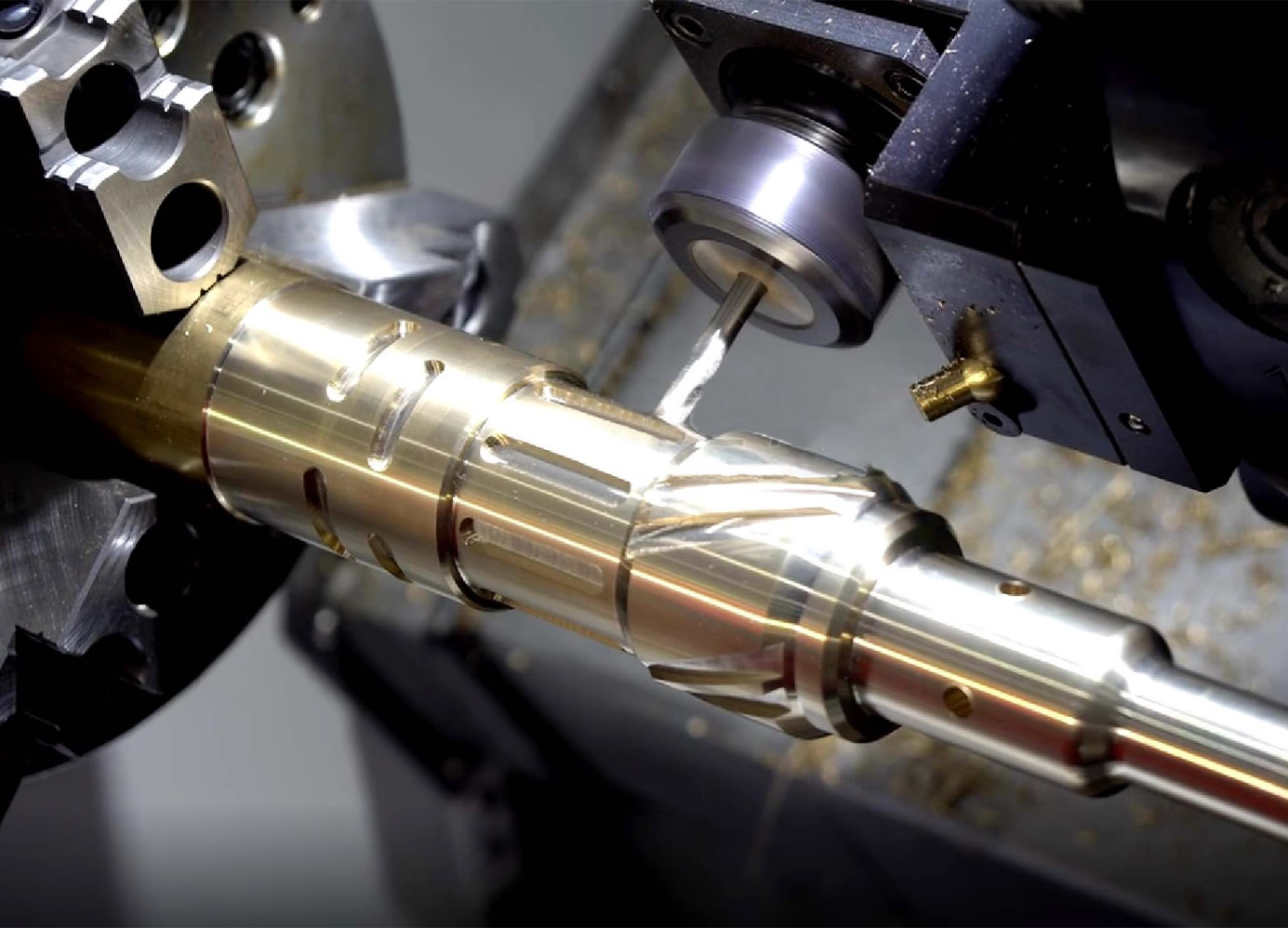
4-Axis CNC Milling
Think of a design, and 4-axis milling can probably make it. Multi-sided machining just got a whole lot simpler.
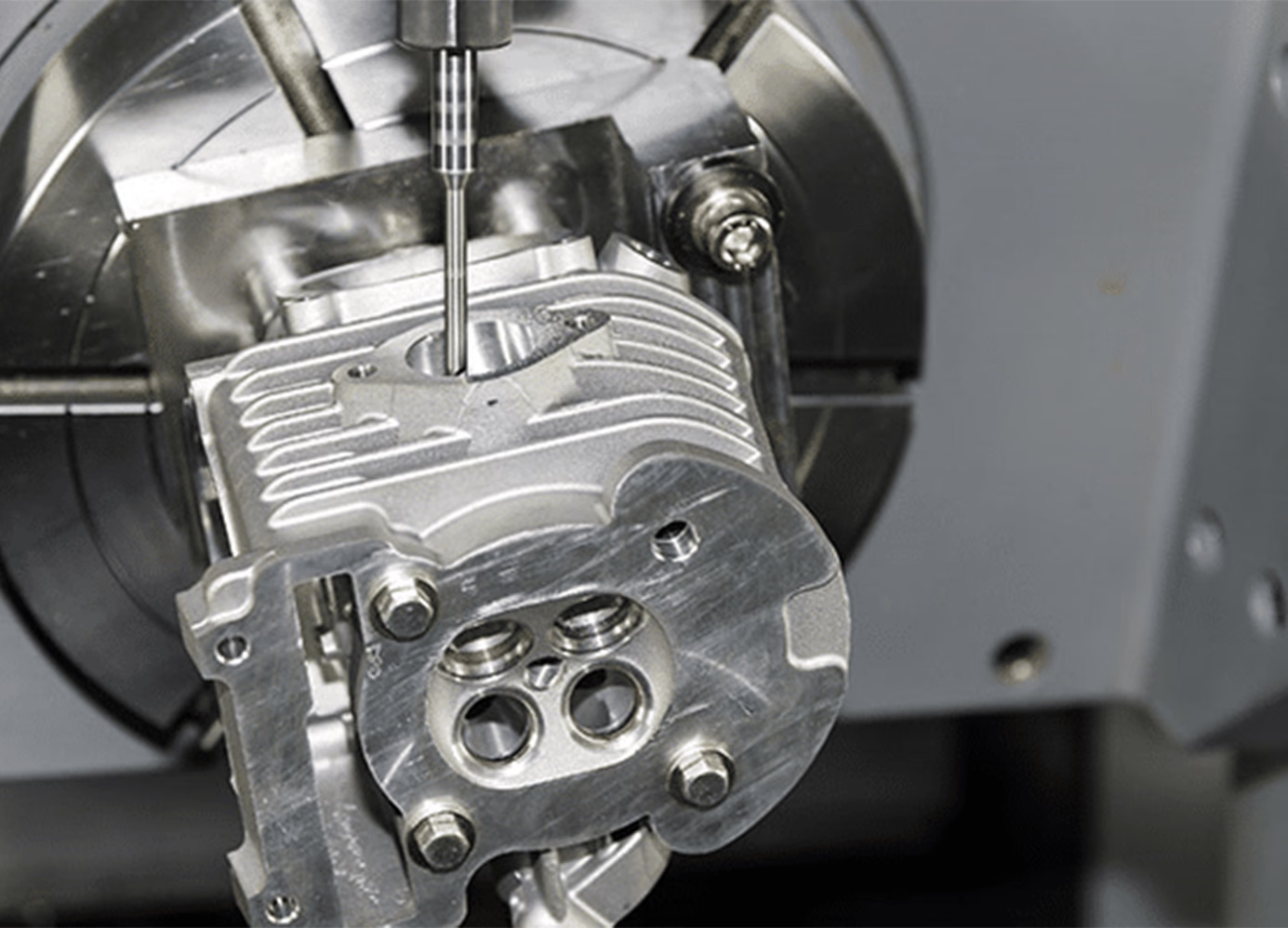
5-Axis CNC Milling
For those complex and intricate parts, 5-axis milling is the master key. Bring your most ambitious designs to life.
Arapidtools CNC Machining Solutions
PROTOTYPING
Rapid Prototyping
Accelerate your product development with our rapid machining services. We specialize in the quick production of high-quality prototypes and mold tooling, offering fast turnaround times to support your design verification process.
PRODUCTION
Low and High-Volume Production
Whether you require small batches or large-scale production, we’ve got you covered. With strict tolerance controls and extensive capabilities, we adapt to your volume needs while maintaining the highest quality standards.
Custom CNC Machining Materials
At Arapidtools, our CNC milling service provides a wide range of materials, ensuring precision and durability. This extensive selection allows clients to choose the best options for their projects, enhancing product quality and performance.
Metals
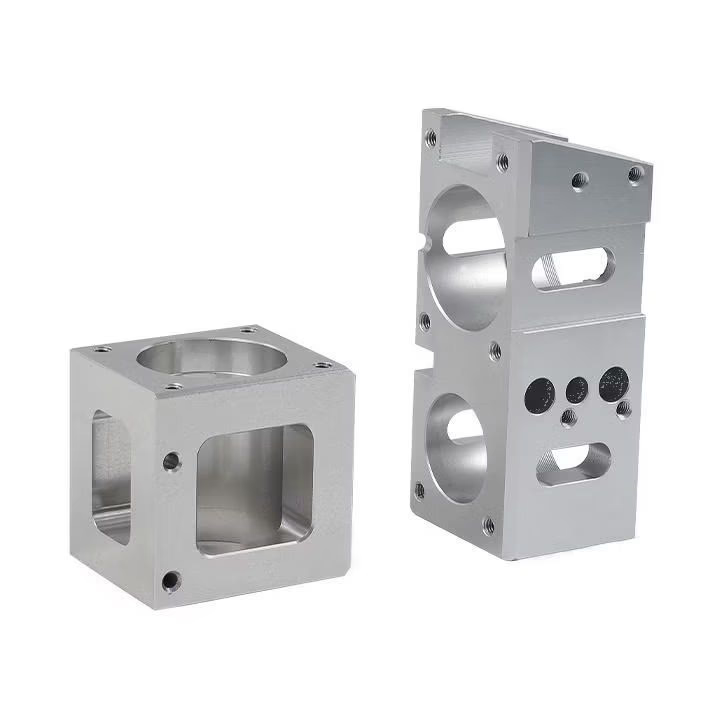
Aluminum is lightweight yet strong, with excellent machinability and corrosion resistance. Ideal for aerospace and automotive parts.
Alloys
- Aluminum 6061, 6061-T6
- Aluminum 2024
- Aluminum 5052
- Aluminum 5083
- Aluminum 6063
- Aluminum 6082
- Aluminum 7075, 7075-T6
- Aluminum ADC12 (A380)
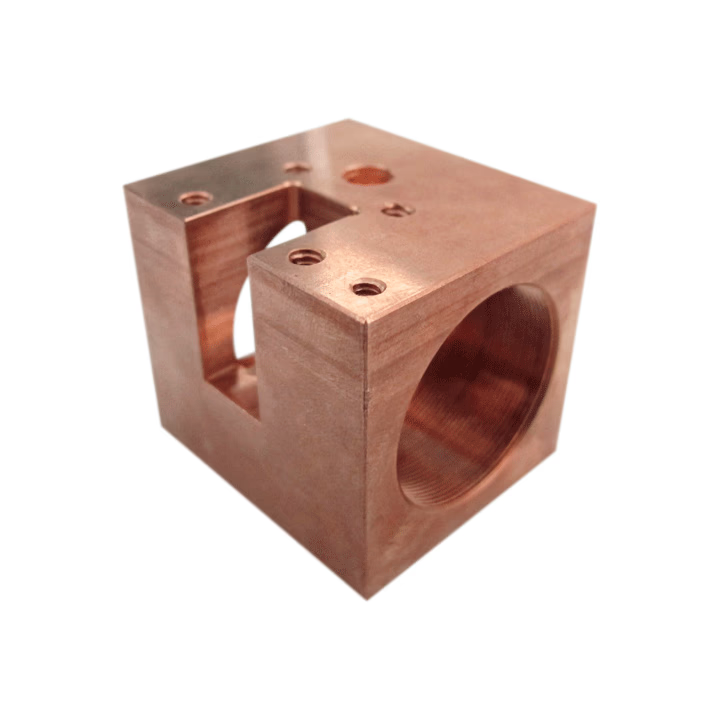
Copper is known for its superior electrical conductivity and thermal properties, making it perfect for electrical components and heat exchangers.
Alloys
- Copper C101(T2)
- Copper C103(T1)
- Copper C103(TU2)
- Copper C110(TU0)
- Beryllium Copper
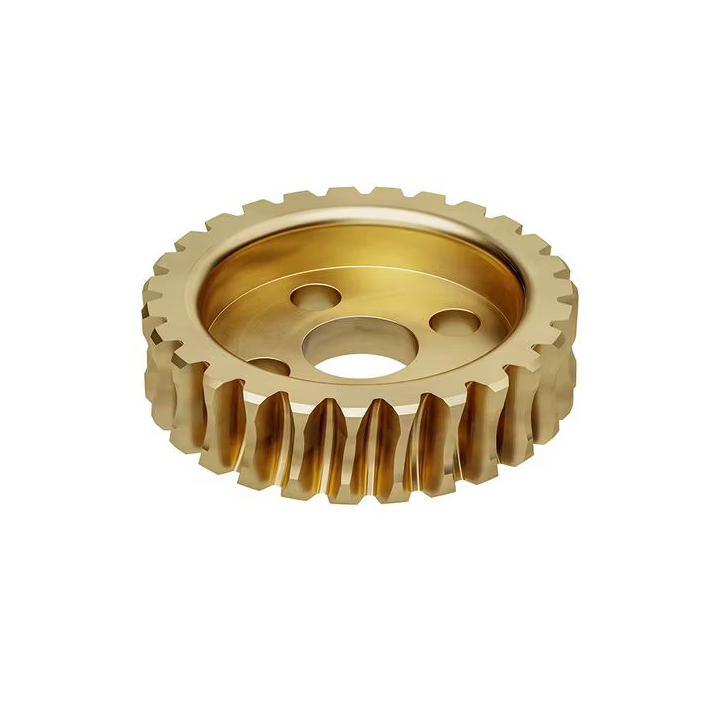
Brass is durable and has a low friction coefficient, which makes it suitable for fittings, tools, and musical instruments that require precision.
Alloys
- Brass C27400
- Brass C28000
- Brass C36000
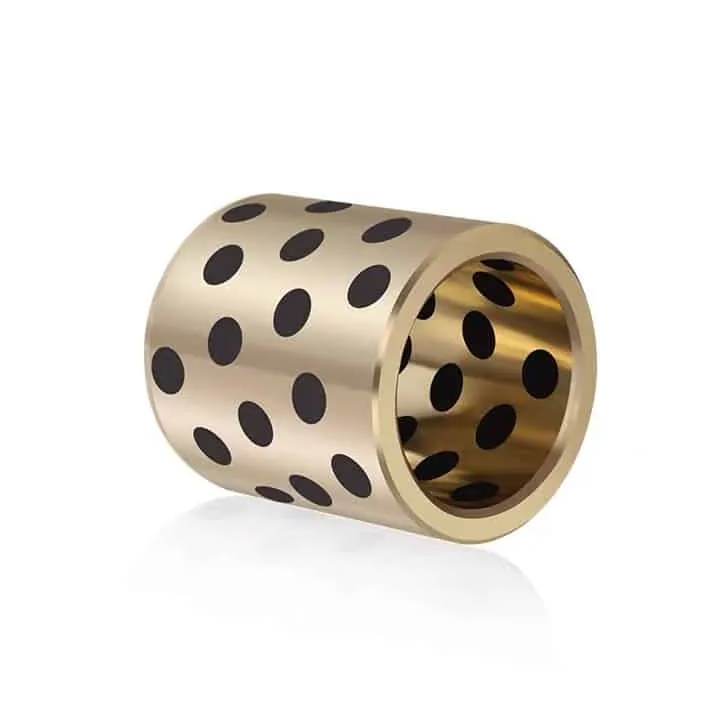
Bronze is highly resistant to corrosion and metal fatigue, favored for bearings, bushings, and marine hardware.
Alloys
- Tin Bronze
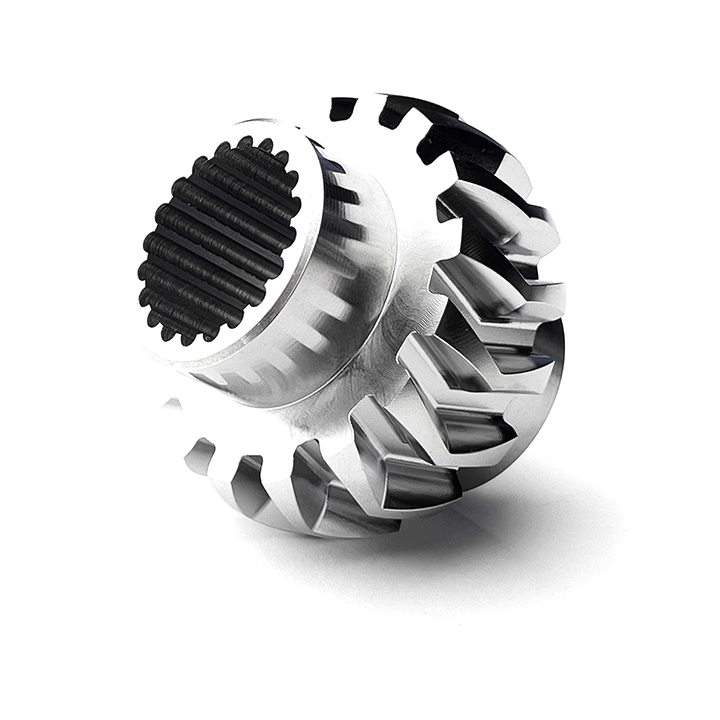
Steel is an alloy with high tensile strength and durability, commonly used in construction and automotive industries for its robustness.
Alloys
- Steel 1018, 1020, 1025, 1045, 1215, 4130, 4140, 4340, 5140, A36
- Die steel
- Alloy steel
- Chisel tool steel
- Spring steel
- High speed steel
- Cold rolled steel
- Bearing steel
- SPCC
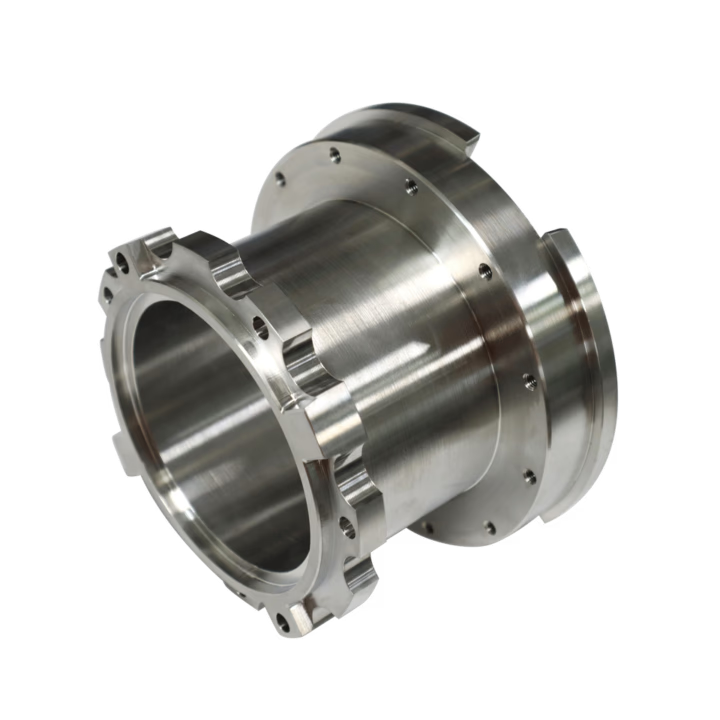
Stainless steel is renowned for its corrosion resistance, making it a prime choice for medical devices and food processing equipment.
Alloys
- Stainless Steel SUS201
- Stainless Steel SUS303
- Stainless Steel SUS 304
- Stainless Steel SUS316
- Stainless Steel SUS316L
- Stainless Steel SUS420
- Stainless Steel SUS430
- Stainless Steel SUS431
- Stainless Steel SUS440C
- Stainless Steel SUS630/17-4PH
- Stainless Steel AISI 304
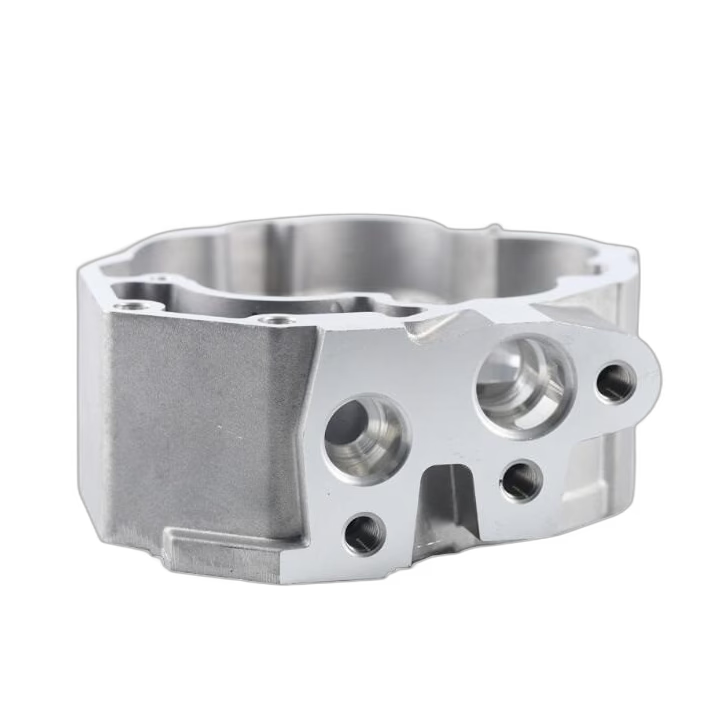
Magnesium is the lightest structural metal, offering high strength-to-weight ratios, perfect for automotive and aerospace applications where weight is critical.
Alloys
- Magnesium Alloy AZ31B
- Magnesium Alloy AZ91D
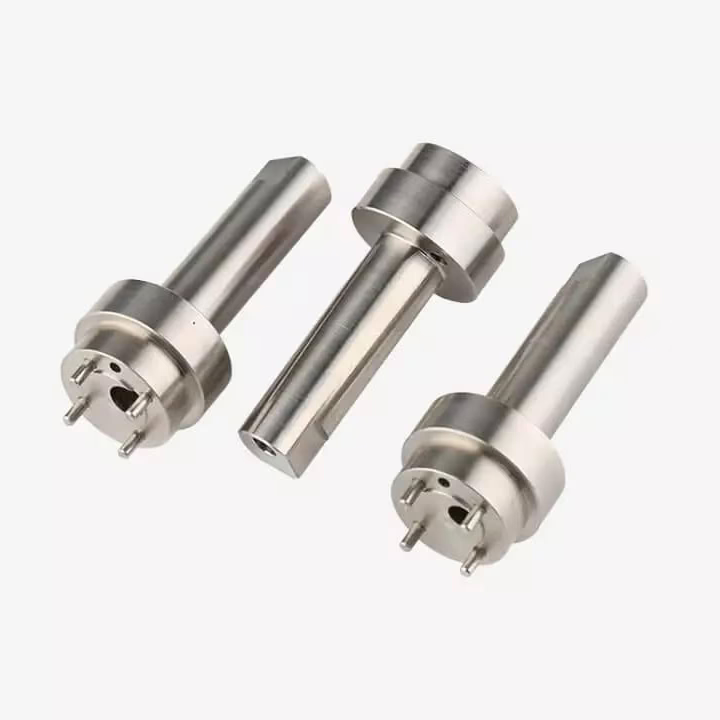
Titanium boasts the highest strength-to-density ratio among metals, highly resistant to corrosion and fatigue, ideal for aerospace, medical, and marine applications.
Alloys
- Titanium Alloy TA1
- Titanium Alloy TA2
- Titanium Alloy TC4/Ti-6Al 4V
Plastics
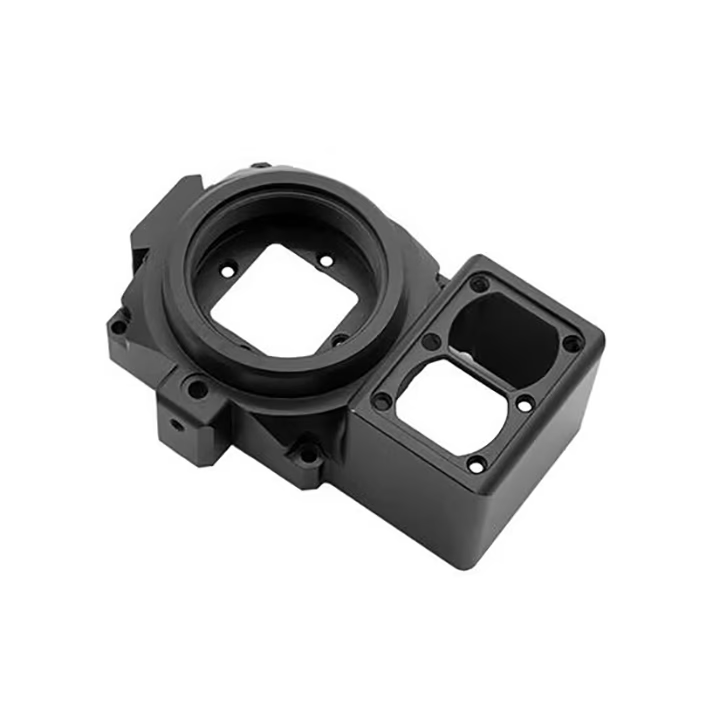
ABS is strong, durable, and offers good resistance to heat and impact. It’s preferred for automotive components and consumer goods.
- ABS Beige(Natural)
- ABS Black
- ABS Black Antistatic
- ABS Milky White
- ABS+PC Black
- ABS+PC White
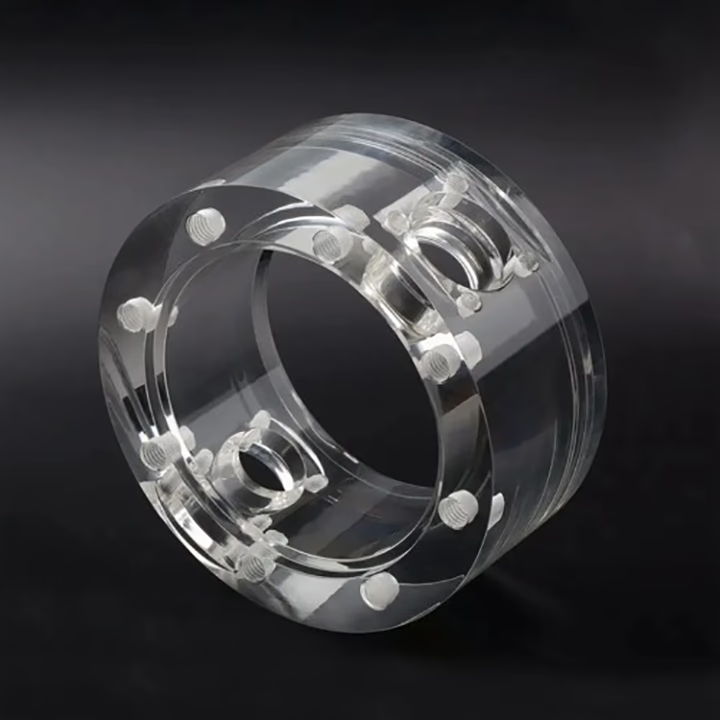
Polycarbonate is extremely durable and has high impact resistance, along with excellent clarity, used for bullet-proof glass and protective gear.
- PC Black
- PC Transparent
- PC White
- PC Yellowish White
- PC+GF30 Black
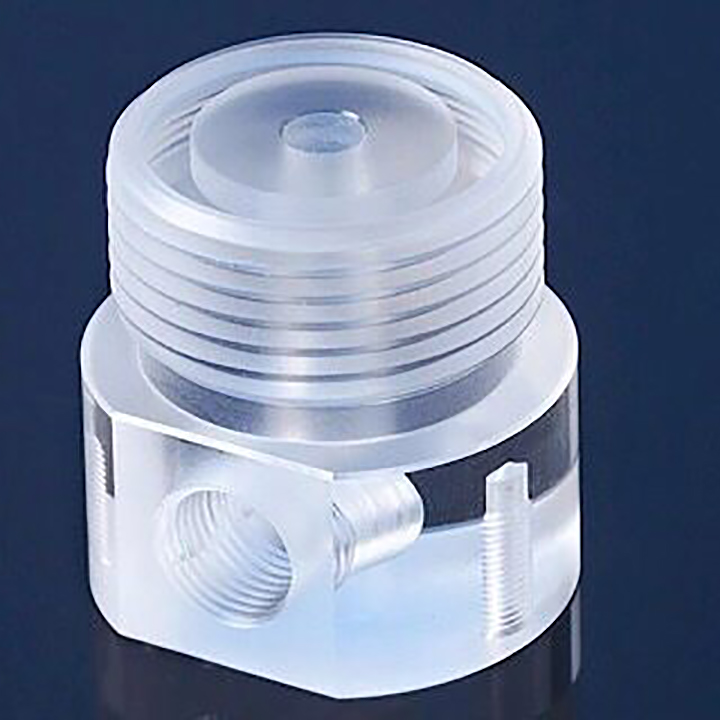
PMMA, or acrylic, is known for its crystal clarity and weather resistance, making it ideal for outdoor fixtures and display cases.
- PMMA Black
- PMMA Transparent
- PMMA White
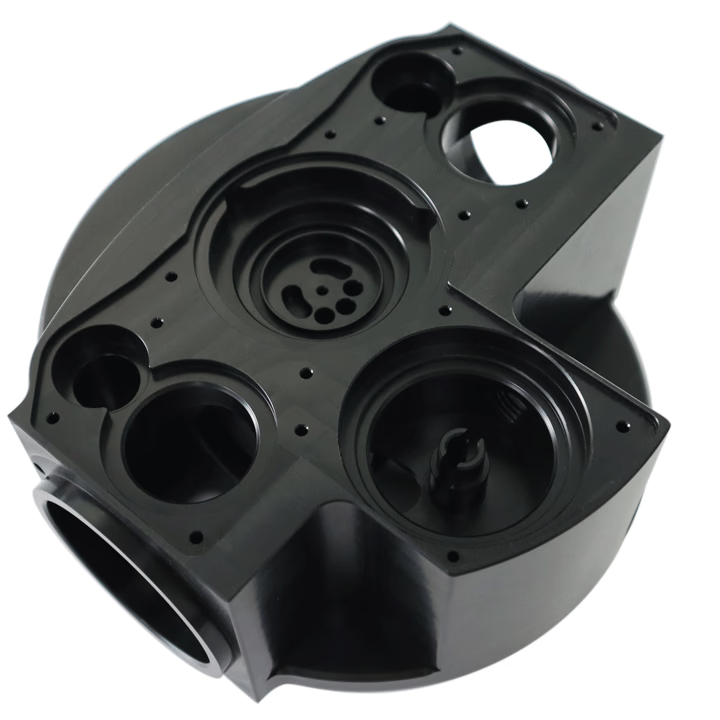
POM is strong, with a low friction surface and good dimensional stability, perfect for precision parts in mechanical applications.
- Dark brown (coffee) POM 100AF
- POM Black
- POM Blue
- POM White
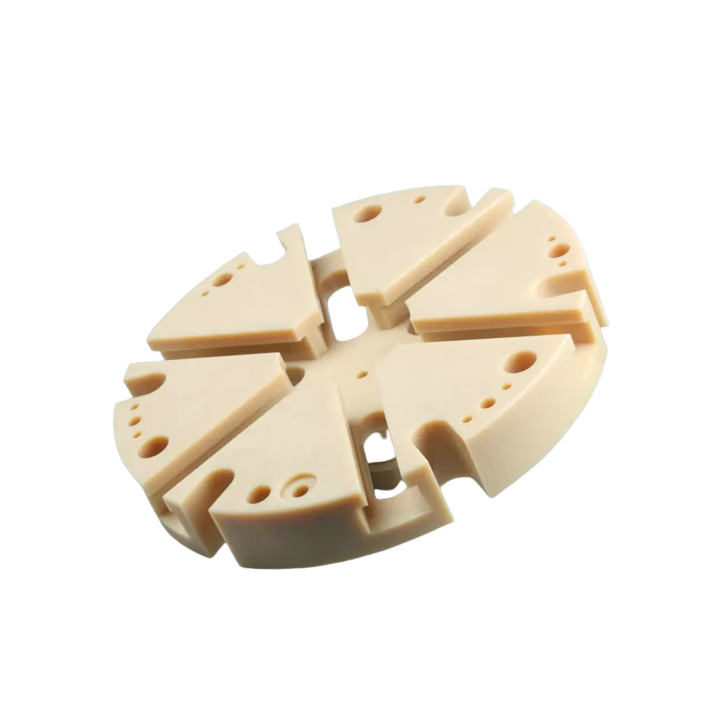
Nylon is versatile, strong, and wears well against friction, commonly used for gears, bearings, and other wear-resistant surfaces.
- PA(Nylon) Blue
- PA6 (Nylon)+GF15 Black
- PA6 (Nylon)+GF30 Black
- PA66 (Nylon) Beige(Natural)
- PA66 (Nylon) Black
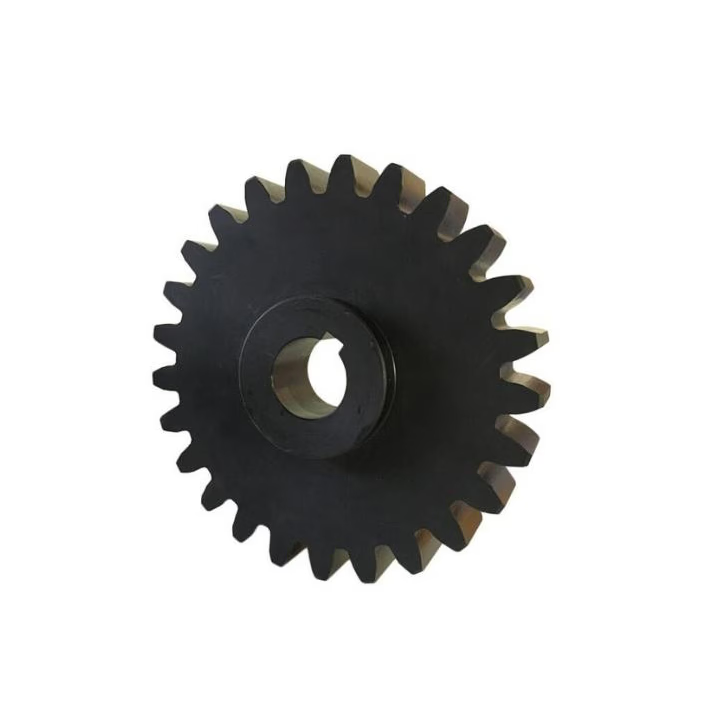
Polyethylene is lightweight and has high resistance to impact, widely used in packaging and containers.
- PE Black
- PE White
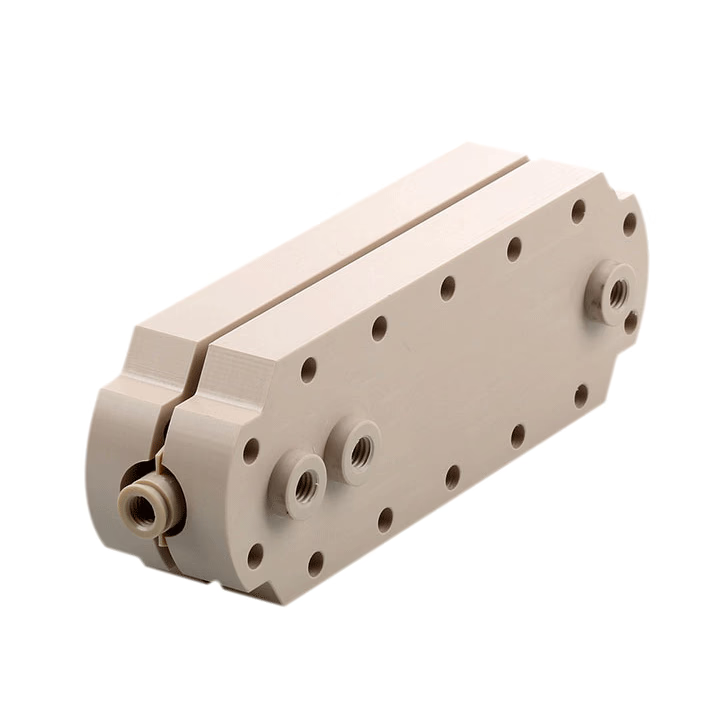
PEEK is renowned for its high temperature resistance and strength, often used in aerospace and medical implant manufacturing.
- PEEK Beige(Natural)
- PEEK Black
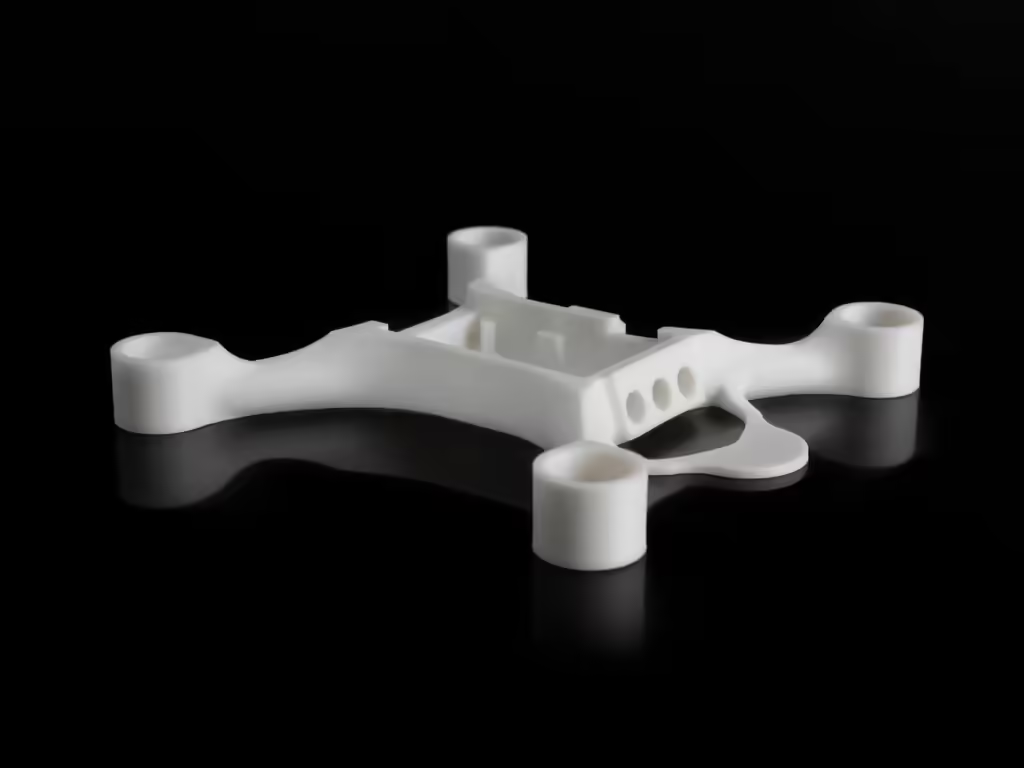
Polypropylene is tough, has excellent chemical resistance, and is used for automotive parts, containers, and in packaging.
- PP Black
- PP White
- PP+GF30 Black
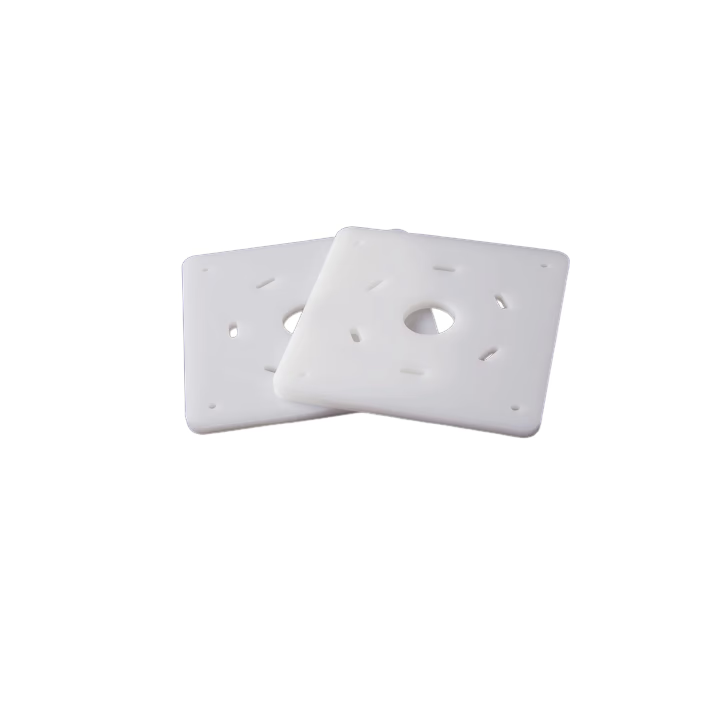
HDPE is known for its high strength-to-density ratio, resistance to impacts, and is used in making bottles and corrosion-resistant piping.
- HDPE Black
- HDPE White
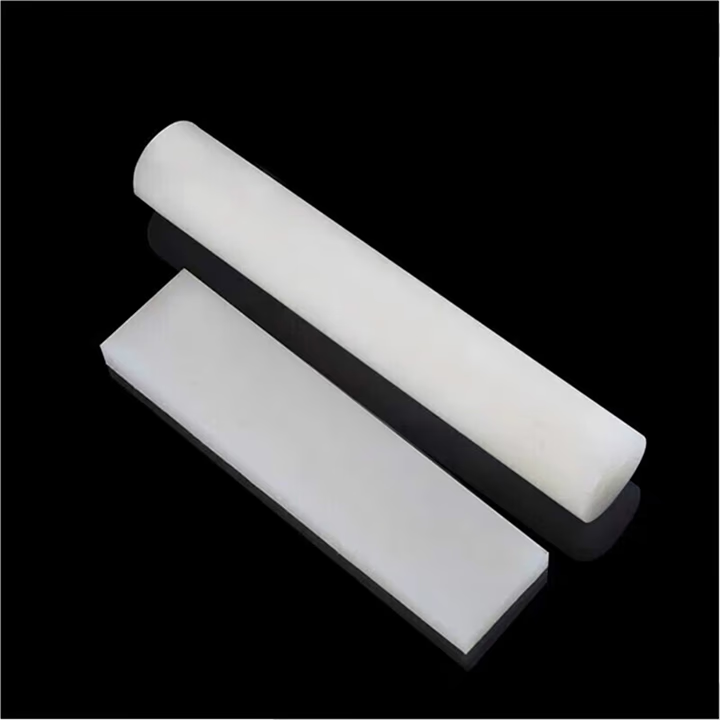
HIPS is easy to machine and offers good dimensional stability and impact resistance, suitable for prototyping and modeling.
- HIPS Board White
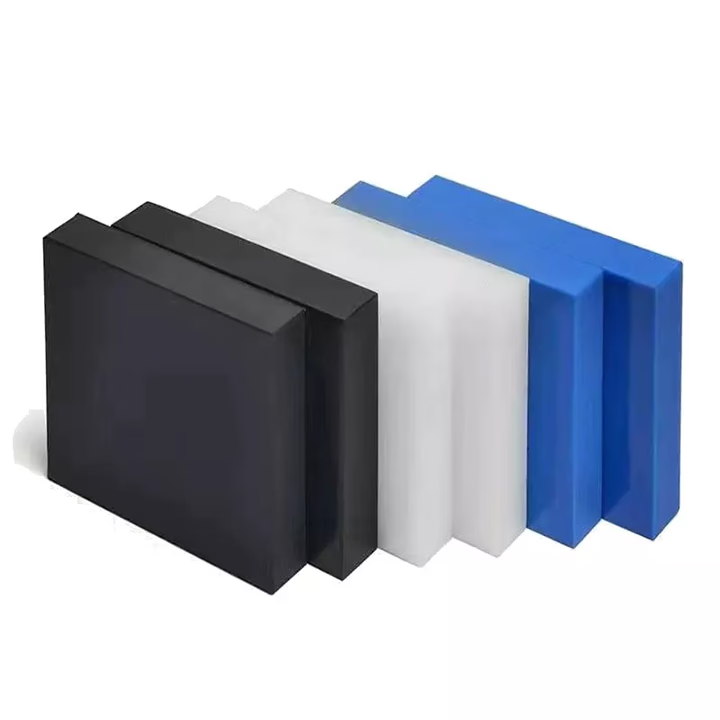
LDPE is soft, flexible, and used in applications where heat sealing is required, such as in tubing and plastic bags.
- LDPE White
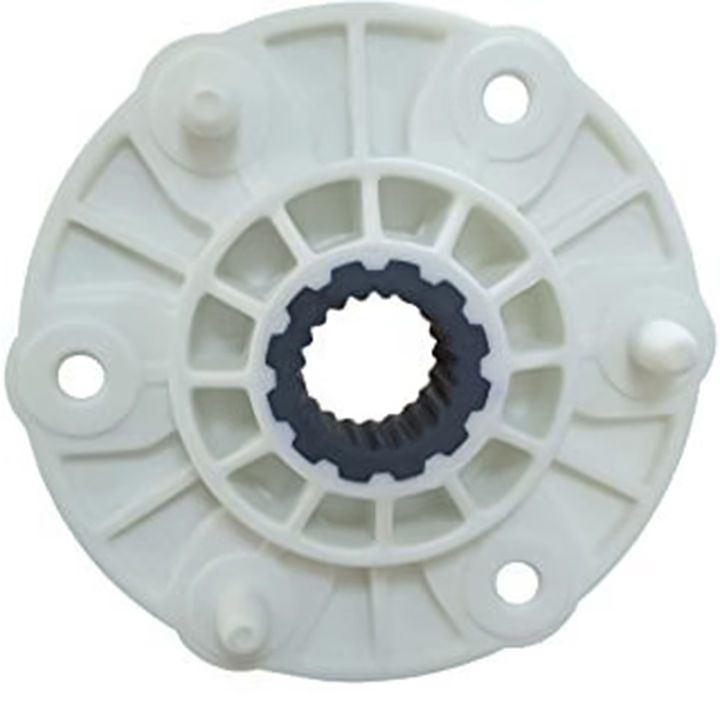
PBT is a strong, rigid plastic that is heat resistant and commonly used in electrical components and casings.
- PBT Black
- PBT Milky White(Natural)
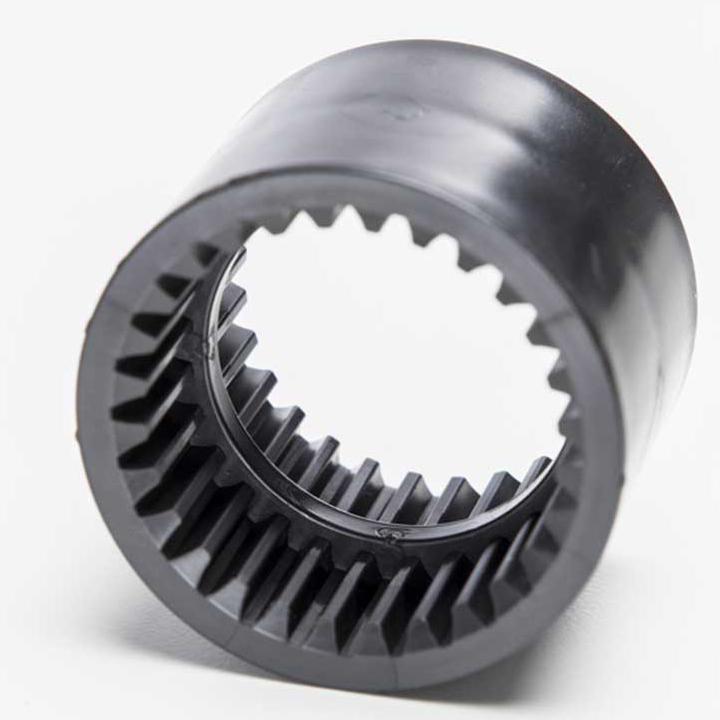
PPA offers high heat resistance and stiffness, ideal for automotive and electrical applications that require durability at high temperatures.
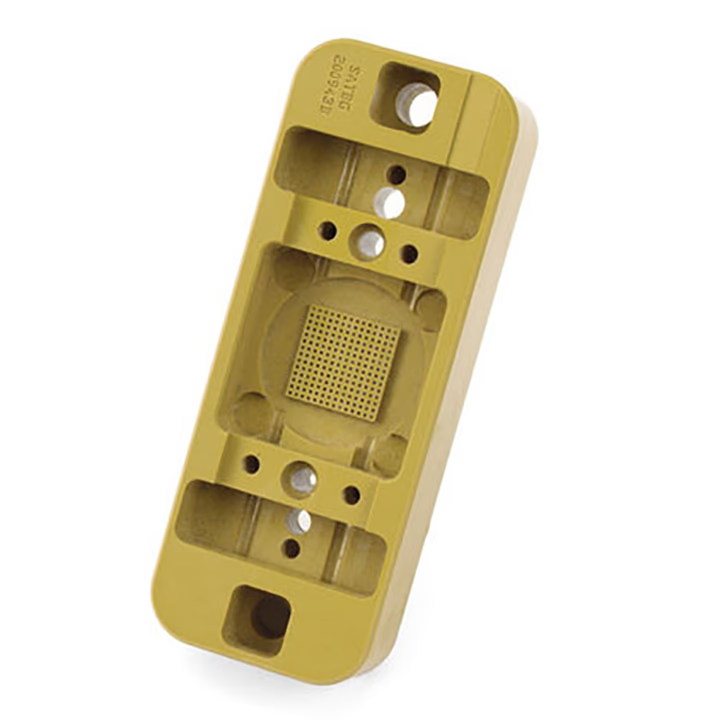
PAI has exceptional thermal and chemical stability, used in high-performance parts in aerospace and automotive sectors.
- PAI Brown
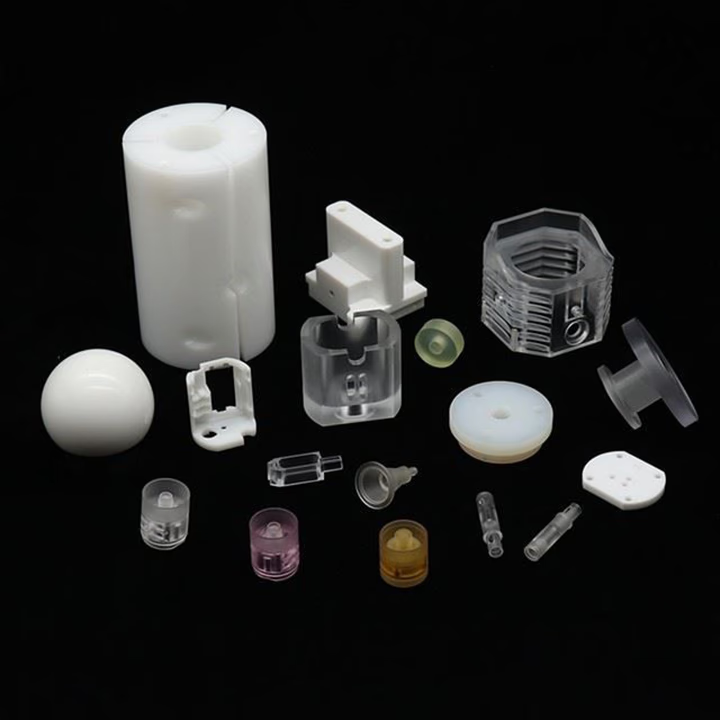
For Example: High Performance Plastics, Engineering Plastics, Industrial Plastics, Biocompatible Materials, Food Safe Plastics, and Other Modified Thermoplastics.
CNC Milling Surface Finishes
Access top-quality surface finishing for custom CNC milled parts to eliminate aesthetic flaws and enhance product appearance. Our superior surface finishes also offer rigid protection, adding resistance and strength to your parts.
As Machined
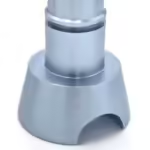
Anodizing
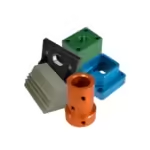
Anodizing increases corrosion resistance and wear properties, while allowing for color dyeing, ideal for aluminum parts.
Polishing
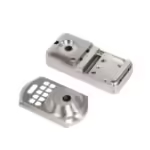
Polishing achieves a high gloss finish, reducing surface roughness and enhancing the aesthetic appeal of metals.
Sand Blasting
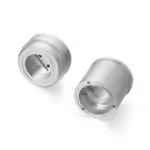
Sand blasting uses pressurized sand or other media to clean and texture the surface, creating a uniform, matte finish.
Tumbling
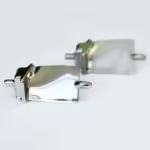
Electropolish
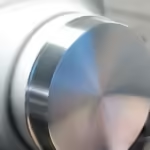
Electropolish is a chemical process that smooths and brightens surfaces while improving corrosion resistance.
Alodine

Alodine coating provides corrosion protection and improves paint adhesion, mainly used on aluminum surfaces.
Heat Treatment
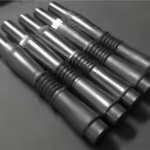
Brushed Finish
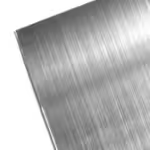
A brushed finish creates a unidirectional satin texture, reducing the visibility of marks and scratches on the surface.
Powder Coating
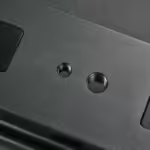
Powder coating applies a thick, wear-resistant layer with excellent color and texture options, suitable for a variety of surfaces.
Electroplating
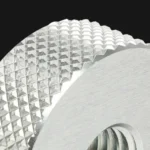
Electroplating bonds a thin metal layer onto parts, improving wear resistance, corrosion resistance, and surface conductivity.
Black Oxidize
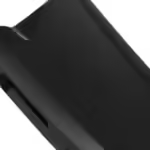
Tolerances for CNC Milling
Arapidtools guarantees precision with our CNC milling tolerance standards, ensuring exact measurements and consistent, high-quality results. We adhere to ISO 2768-m tolerances for metals and ISO 2768-c for plastics, optimizing performance and reliability for our clients.
| 3-Axis | 4-Axis | 5-Axis | |
| Maximum Part Size | 1000 x 500 x 500 mm | 1000 x 500 x 500 mm | 4000×1500×600 mm |
| Minimum Part Size | 5 x 5 x 5 mm | 5 x 5 x 5 mm | 5 x 5 x 5 mm |
| General Tolerances | ±0.1 mm | ±0.05 mm | ±0.1 mm |
| Lead Time | Delivery of simple parts can be as fast as 1 day. | 5 bussiness days for most projects. | 5 bussiness days for most projects. |
Tolerances for CNC Milling
| Recommended Size | |
| Radii | Internal radii should be at least 1/3 of the cavity depth. Use larger radii whenever possible. |
| Threads and Tapped Holes | Diameter Φ 1.5-5 mm, depth: 3 times the diameter. Diameter Φ 5 mm or larger, depth: 4-6 times the diameter. Arapidtools can produce threads of any specification and size as required by the customer. |
| Minumum Wall Thickness | For metals: 0.8 mm; For plastics: 1.5 mm. Thicker walls ensure better structural integrity. |
| Text | CNC Milling: Minimum width of 0.5 mm and depth of 0.1 mm. Arapidtools can create standard text via CNC engraving or laser engraving as per customer requirements. |
| Holes | Minimum diameter of 1 mm. Hole depth should not exceed 4 times the diameter for best results. |
How CNC Milling Works?
CNC milling is a precise manufacturing process that removes material from a workpiece using rotating cutting tools. It starts with a digital design, typically created in CAD software, which is converted into a CNC program to guide the milling machine.
The workpiece is securely fastened, and the cutting tool, rotating at high speeds, follows the programmed path to shape the material with high accuracy. CNC milling can produce complex shapes, including slots, holes, and contours.
Three-axis milling moves the tool along the X, Y, and Z axes. Four-axis milling adds rotation around one axis, while five-axis milling allows rotation around two axes, enabling the creation of intricate designs. This versatility makes CNC milling essential in industries such as aerospace and medical devices.
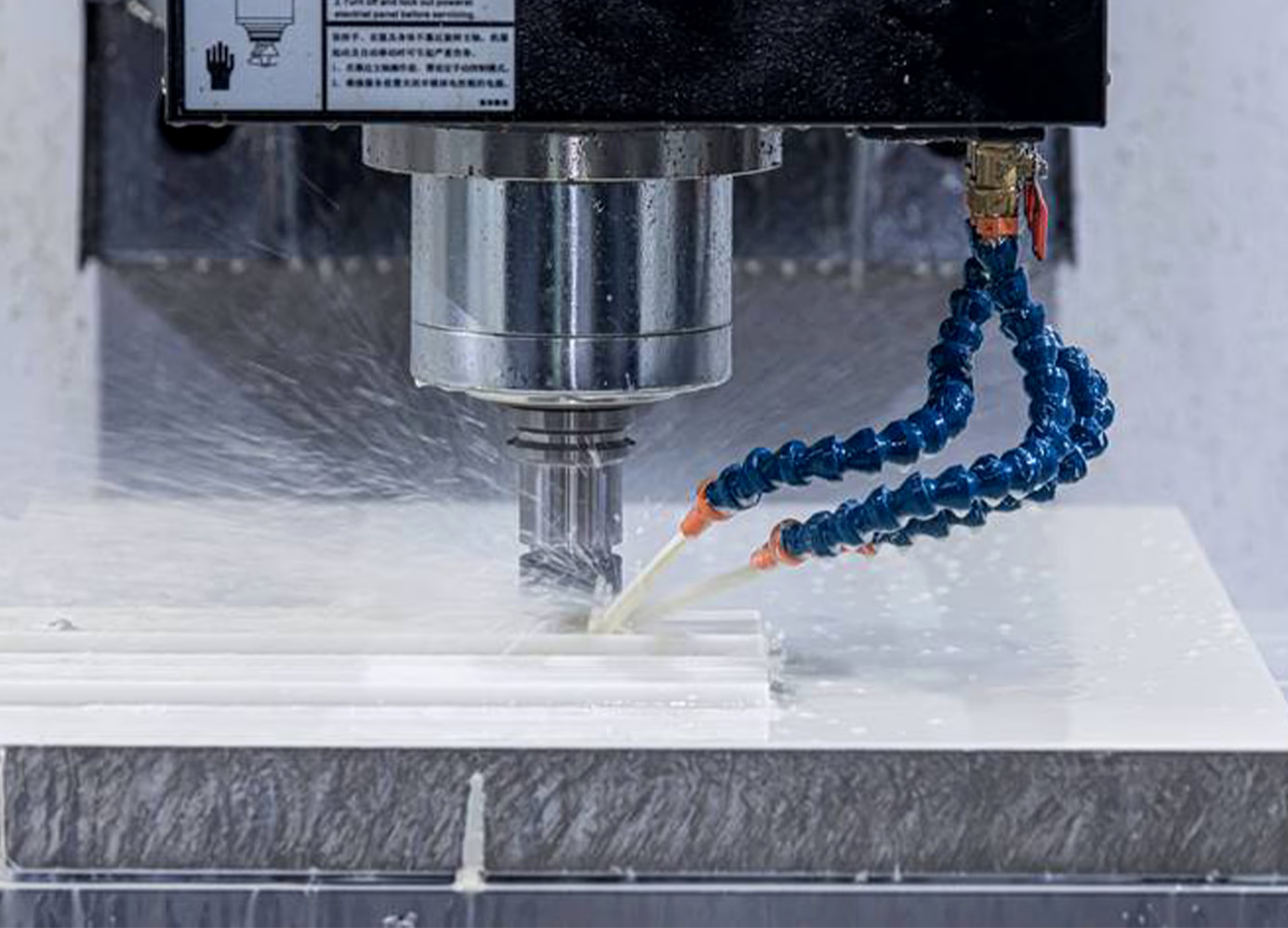
Advantages
Advantages of CNC Milling
CNC milling offers significant advantages in manufacturing:
- High Precision: CNC milling machines deliver parts with tight tolerances, ensuring consistent accuracy across all pieces.
- Complex Geometries: The ability to move in multiple axes enables the creation of intricate and complex shapes that manual machining cannot achieve.
- Efficiency: Automated operations allow for continuous production, minimizing lead times and boosting productivity, with minimal downtime between parts.
- Flexibility: CNC milling is compatible with a wide range of materials, including metals, plastics, and composites, making it versatile for various applications.
- Repeatability: Once programmed, the machine can produce identical parts repeatedly, ensuring uniformity and reducing human error.
- Cost-Effective: Despite a high initial setup cost, CNC milling's efficiency and precision lower overall production costs, especially for large volumes.
- Safety: CNC machines require minimal human intervention, reducing accident risks and enhancing workplace safety.
Applications
Applications of CNC Milling
CNC milling is extensively utilized to manufacture a wide range of precision parts and components:
- Engine Components: Essential for producing engine blocks, cylinder heads, and pistons, ensuring high performance and durability in the automotive and aerospace industries.
- Gear Components: Critical for manufacturing gears, splines, and shafts with tight tolerances, widely used in machinery and automotive applications. Medical Implants: Enables the creation of precise and high-quality implants like hip joints, dental implants, and surgical screws for the medical field.
- Electronic Housings: Produces enclosures for electronic devices, ensuring proper fit and protection for circuit boards and components. Custom Prototypes: Facilitates rapid development and testing of prototypes, helping designers refine products before mass production.
- Tooling and Dies: Vital for creating molds, dies, and cutting tools used in various manufacturing processes.
- Complex Aerospace Parts: Used for crafting turbine blades, brackets, and other intricate parts that require high precision and strength in aerospace applications.
CNC Milling FAQs
Technical FAQs
Does Arapidtools vapor polish ABS or other plastics?
What minimum thickness can I incorporate into my design to prevent warpage?
What size of fillets are added when no specific fillet is specified by the 3D model or drawing?
General FAQs
What is tool offset in CNC milling?
What is the difference between CNC turning and CNC milling?
The CNC milling process involves a rotating tool that carves away excess material from a stationary workpiece.
CNC turning uses a rotating workpiece, typically used to make cylindrical parts.
What is 5-axis CNC machining?
A 5-axis CNC milling machine can move a cutting tool in 5 axes, which allows the operator to simultaneously hit five different sides (or more) of a part depending on the design complexities. Resultantly, the tool is highly capable of creating highly complex products and parts.
With a 5-axis machine, the X, Y, and Z-axes are similar to a 3-axis machine layout. The table then rotates along the A-axis, as it does with the 4-axis. However, the 5-axis machine involves the pivoting action at the joint of the table, followed by rotation along the C-axis, which defines the fifth movement.
What is the difference between a CNC router and a CNC mill?
A CNC router moves the spindle around a stationary table and is primarily designed to operate at high speeds.
A CNC mill typically moves the workpiece along a linear axis, making cuts through the driving force of rotational speed.
What types of materials do CNC mills use?
Let's Start A New Project Today
